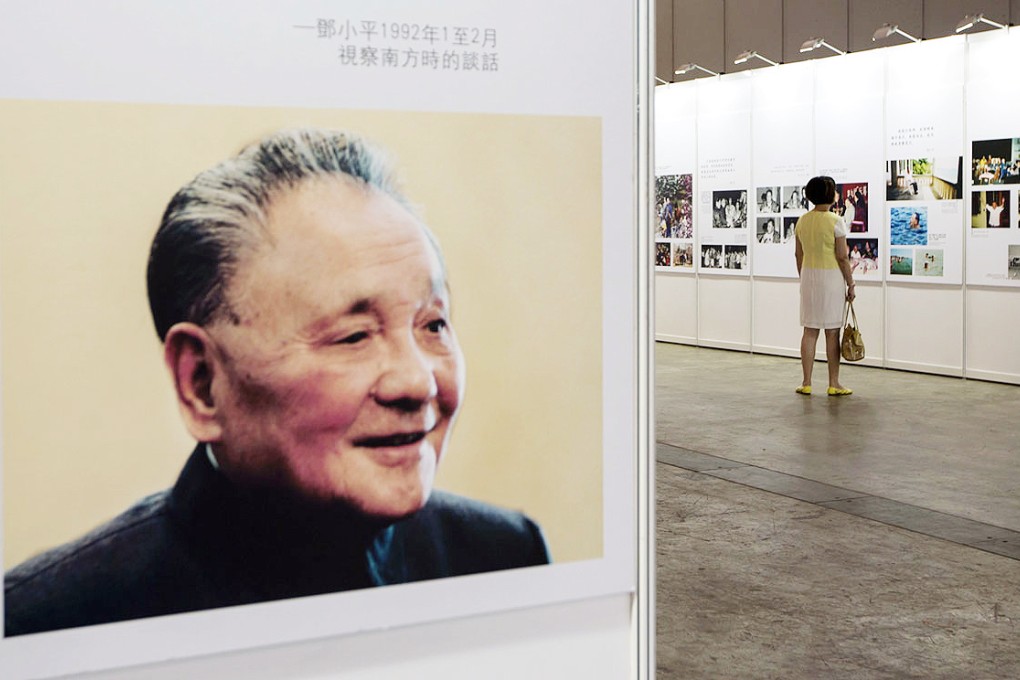Xi Jinping's task to build on Deng Xiaoping's legacy
Few historical figures leave a footprint that grows larger with time. Deng Xiaoping’s legacy looms larger than ever. It is to be found in towering cities, industrialisation, and wealth where once there was poverty, in a confident China back in its rightful place on the world stage.

Few historical figures leave a footprint that grows larger with time. Deng Xiaoping’s legacy looms larger than ever. It is to be found in towering cities, industrialisation, wealth where once there was poverty and cars where once there were bicycles, in a confident China back in its rightful place on the world stage. All are signs of the nation’s unstoppable rise, attributable to Deng’s transformational leadership.
The 110th anniversary today of Deng’s birth should give the nation pause for thanks for his vision. But it is also an occasion for reflection on how far it still needs to go to fulfil the vision.
The late paramount leader set his country on a new course after the chaos of the Cultural Revolution, liberating its people’s entrepreneurial spirit, thrift and work ethic. The change worked an economic miracle. But it did not extend to political reform. Deng remained a communist who believed in the party’s right to rule and was willing to enforce it – the Tiananmen Square crackdown being an example.
Hong Kong, too, has much to thank Deng for, from special economic zones that brought great economic benefits to the “one country, two systems” concept, which has generally been successful.
He left the country in safe hands. But there was a need for more reform. Tensions that soon emerged in his concept of “socialism with Chinese characteristics” attest to that. They include a growing wealth gap, rampant corruption, concerns about social injustice, and obstacles to economic liberalisation posed by monopolistic state-owned enterprises and an overbearing bureaucracy. In essence the last sentence is lifted from a tribute to Deng on his centenary in this column 10 years ago. Little has changed. But it needs to soon if the benefits of economic growth are to be safeguarded and fairly shared.
Bold and visionary political reforms are overdue. New party leader President Xi Jinping has made it clear that he identifies with Deng’s political legacy and wants to emulate him in pushing them forward. In this respect his unprecedented fight against corruption and bureaucracy, aimed at clearing away opposition from vested interests, has profound political and economic implications for the mainland.